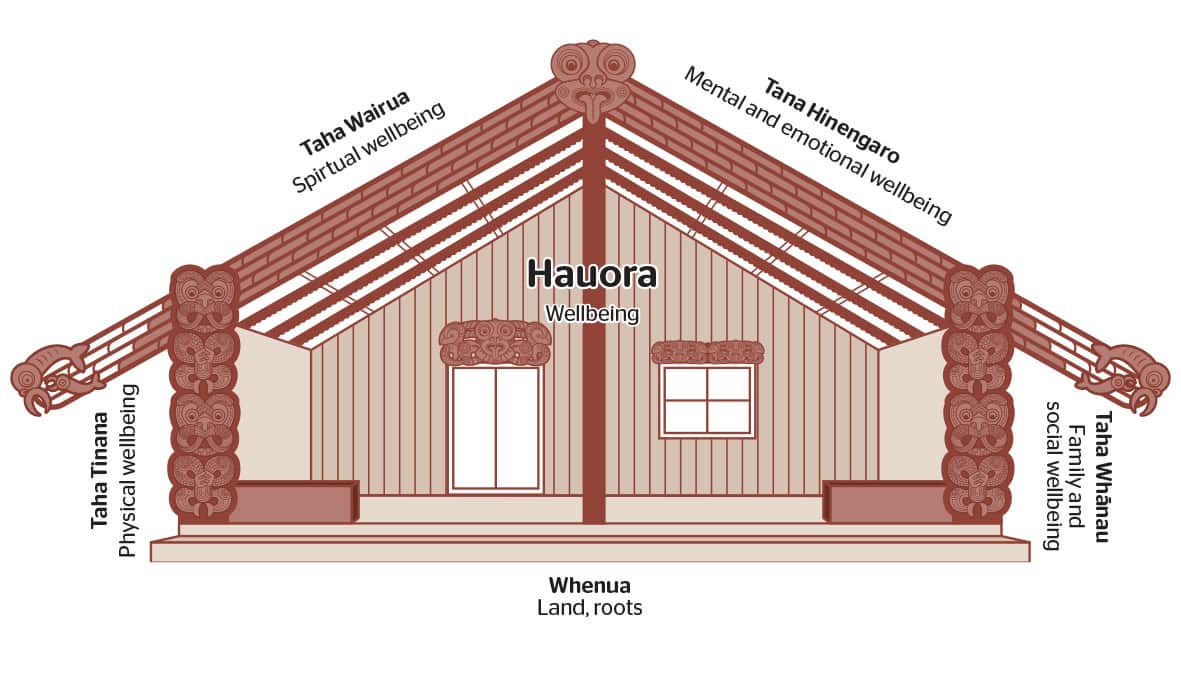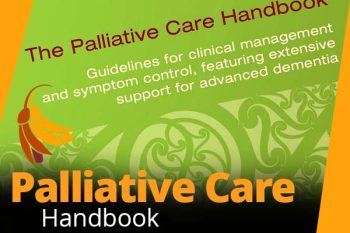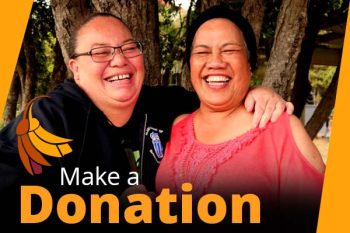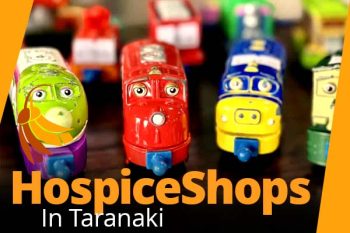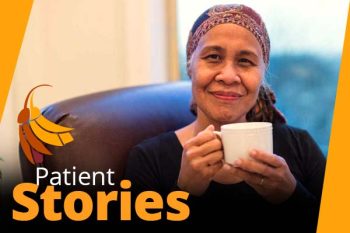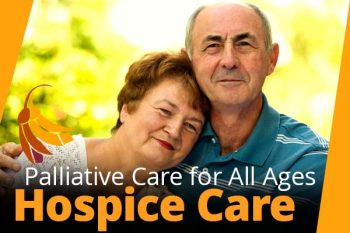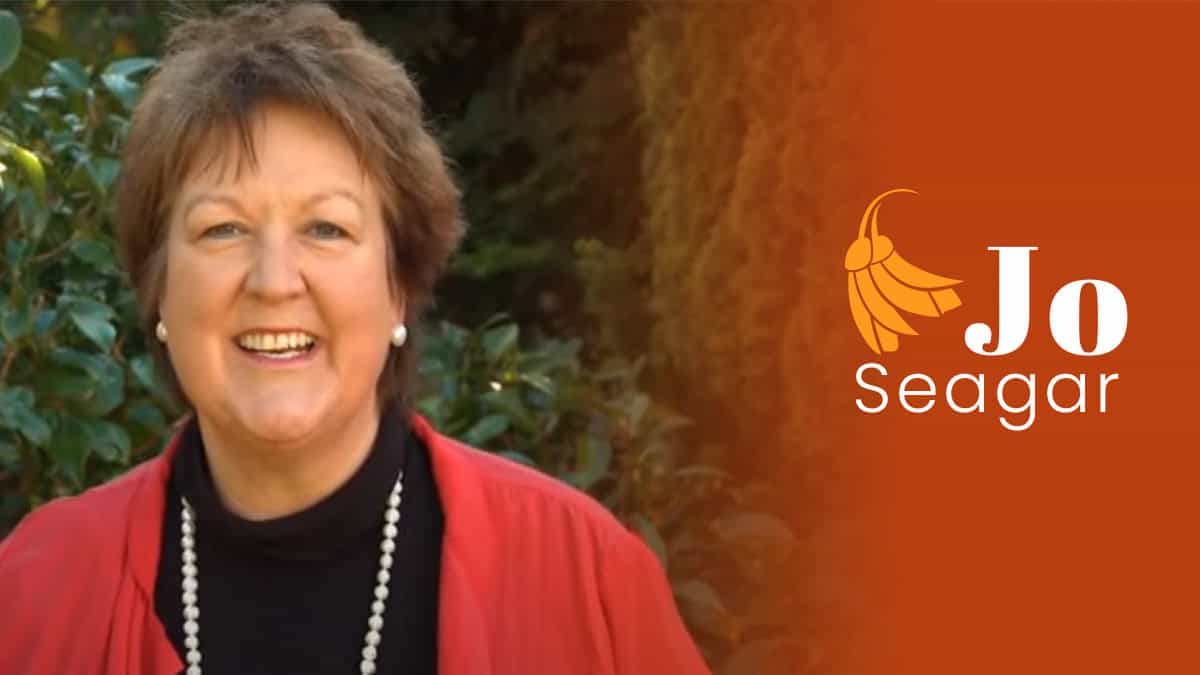Palliative care is respectful, inclusive, professional and compassionate.
For as long as it is needed, palliative care provides dedicated support for the unwell person and their carer/s and whānau | families.
What is Hospice Care?
Hospice is a community-based service specialising in providing free palliative care for whoever needs it, wherever it is needed, for as long as it’s needed.
Support is achieved by assessing and addressing the physical, psychosocial, spiritual and cultural needs of the patient and their whānau. Support is also provided for the individual’s whānau | family, throughout the illness and following the death of the patient.
The comprehensive care is available both at our in-patient unit Te Rangimarie and in the community.
Palliative care is provided in such a way as to meet the unique palliative care needs of individuals from all cultures, ethnic backgrounds, communities or groups. These include (but not limited to): Māori, Pacific People, Asian, people with disabilities and mental illness, the elderly, and those in rural communities.
The services provided include support of the patient in the community, inpatient care, respite care, a 24hr advice service seven days a week, outpatient clinics, day procedures, an activities-based day programme, social work services, whānau | family support, pastoral support (emotional, social and spiritual support) and bereavement support. We have an extensive range of loan equipment to assist patients to remain in their own home.
Whilst the hospice service has an inpatient facility, it is important to know that hospice is not just a building; it is a philosophy of care.
Hospice provides palliative care, which is a specialist medical service specifically for people who are dying. Palliative care is very active total care – it is not about giving up and doing nothing.
Palliative care is for people whose illness is no longer curable. The goal is around providing quality of life, managing pain and symptoms to enable people to live every moment in whatever way is important to them. Whilst physical needs like managing pain and symptoms are a priority, equal importance is placed on cultural, emotional, spiritual, and social needs as the end of life approaches. Support is also provided for whānau and family both before and after the death of their loved one.
What is Hospice?
When support is offered
Most often, people are referred to hospice when their illness is no longer curable, when their illness has entered a terminal phase. In some circumstances people may be referred whilst still undergoing treatment – e.g. radiotherapy for symptom management. It is important to talk to your key healthcare provider (GP) about the options available, including hospice palliative care.
Many people feel fearful of accepting a referral to hospice as they view it as the “end of the road”. However in most cases we hear people say they wished they have become involved with hospice sooner.
End of life care does not mean doing nothing and just letting someone die, it is not about “giving up”. Stopping a treatment does not mean no treatment, palliative care is very active total care.
How to access support
The ways to be referred to hospice for support are through a healthcare provider (hospital team, G.P, practice Nurse) or self-referral.
Please talk to your healthcare provider or care team about gaining a referral to hospice or you can contact us directly to find out more about the referral criteria.
What does it cost?
All care and support provided by Hospice is completely free of charge to patients and their whānau | family utilising the services.
Our Approach / Ta Mā tou Mahi
The Four Cornerstones of Health – Te Whare Tapa Whā
Te Taha Hinengaro – Mental Wellbeing
Emotional and mental wellbeing is the capacity to communicate, to think and to feel. Mind and body are inseparable.
Te Taha Wairua – Spiritual Health
Spiritual wellbeing is the capacity for faith and/or wider connection. The spiritual essence of a person is their life force. This determines us as individuals and as a collective, who and what we are, where we come from and where we are going.
Te Taha Tinana – Physical Health
Physical wellbeing is the capacity for physical growth and development. Our physical being supports our essence and shelters us from the external environment.
Te Taha Whānau – Family Wellbeing
Family and relationship wellbeing ensures the capacity to belong, to care and share as part of wider social systems. Whānau provide us with our connections to our ancestors and therefore ties us to our past, present and future.
